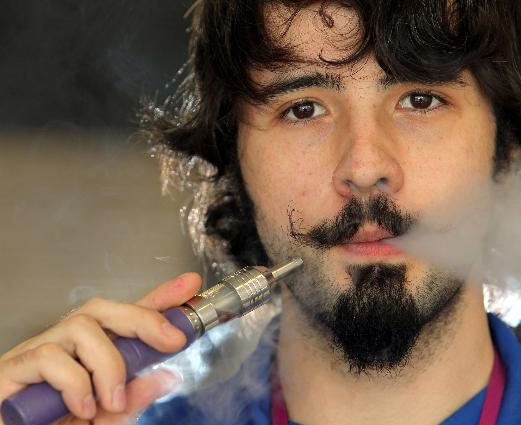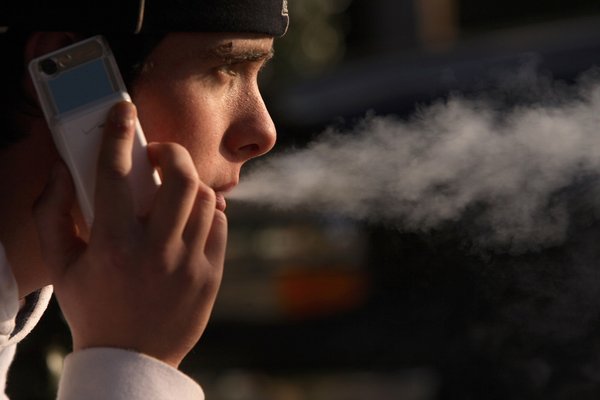E-cigarette firms targeting young people, lawmakers say
By: LALITA CLOZEL, Los Angeles Times
WASHINGTON — E-cigarette companies are preying on young consumers by using candy flavors, social media ads and free samples at rock concerts, according to a report released Monday by Democratic legislators.
A survey of nine electronic-cigarette companies found most were taking advantage of the lack of federal regulations to launch aggressive marketing campaigns targeting minors with tactics that would be illegal if used for traditional cigarettes, according to a report released by Sen. Richard J. Durbin (D-Ill.) and signed by 10 other Democratic lawmakers, including California Sen. Barbara Boxer and Rep. Henry A. Waxman of Beverly Hills.
According to the report, based on information from the eight companies that responded, five of the surveyed companies more than doubled their marketing expenditures between 2012 and 2013, regularly promoting e-cigarettes on Twitter, Facebook and Instagram.
Producers have come up with an array of creative flavors, a practice that was banned for traditional cigarettes by the Family Smoking Prevention and Tobacco Control Act of 2009. E-cigarette flavor names include pumpkin spice, chocolate treat, snap! and cherry crush.
E-cigarette companies have sponsored popular events and distributed free samples in shows, including the Coachella Valley Music and Arts Festival, as well as Mercedes-Benz Fashion Week. They have employed celebrities to promote their products, including Courtney Love, pop singer Sevyn Streeter and rapper Chris Brown. Streeter and Brown were featured in a music video that included an e-cigarette product placement.
“In the absence of federal regulation, some e-cigarette manufacturers appear to be using marketing tactics similar to those previously used by the tobacco industry to sell their products to minors,” the report said.
According to a September 2013 study by the Centers for Disease Control and Prevention, the percentage of high school students that had tried e-cigarettes doubled between 2011 and 2012 to 10%.
Because e-cigarettes, which produce a nicotine-laced vapor, have not yet been deemed a tobacco product by the Food and Drug Administration, they are not constrained by federal regulations that prohibit sales to minors, television and radio advertisements, and free sampling, according to the report.
The FDA is considering labeling e-cigarettes as tobacco products, which would place them under the agency’s authority.
“With over a million youth now using e-cigarettes, FDA needs to act without further delay to stop the companies from marketing their addictive products to children,” Waxman said.
Twenty-eight states have banned e-cigarette sales to minors, and most of the surveyed companies said they prohibited vendors from selling their products to children.
But the survey found that policies varied company to company, and only three out of eight had ever conducted compliance checks.
Several of the companies said they avoided running television advertisements specifically targeting young audiences, but they nevertheless aired commercials during prime-time shows that rated well among children and teenagers, including the 2013 Super Bowl and the TV show “Breaking Bad,” the report said.
Six out of eight companies surveyed said they favored more regulation, specifically regarding sales to minors. One company, Lead by Sales, which produces White Cloud Cigarettes, did not respond to any of the survey questions.
http://www.latimes.com/nation/la-na-congress-ecigarettes-study-20140415-story.html


